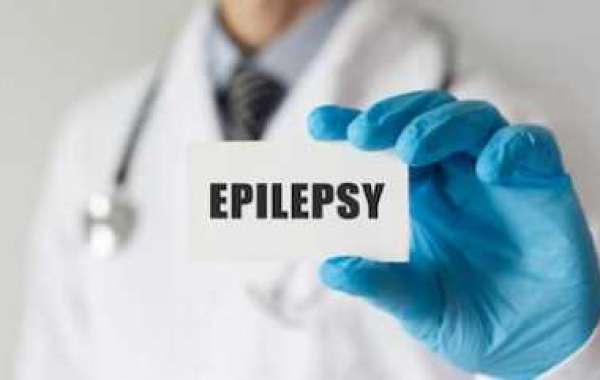1. What is epilepsy?
Epilepsy is a condition that affects the brain. When someone has epilepsy, it means they have a tendency to have epileptic seizures (fits).
Anyone can have a one-off seizure, but this doesn’t always mean they have epilepsy. Epilepsy is usually only diagnosed if a doctor thinks there’s a high chance that the person could have more seizures.
Epilepsy can start at any age and there are many different types. Some types of epilepsy last for a limited time and the person eventually stops having seizures. But for many people epilepsy is a life-long condition.
2. What are epileptic seizures?
Electrical activity is happening in our brain all the time, as the cells in the brain send messages to each other. A seizure happens when there is a sudden burst of intense electrical activity (similar to a ‘short- circuit’) in the brain. This causes a temporary disruption to the way the brain normally works, so the brain’s messages become mixed up. The result is an epileptic seizure.
There are many different types of seizure. What happens to someone during a seizure depends on which part of their brain is affected, and how far the seizure activity spreads. During some types of seizure the person may remain alert and aware of what’s going on around them, and with other types they may lose awareness. They may have unusual sensations, feelings or movements. Or they may go stiff, fall to the floor and jerk.
Your doctor will be able to help you better if you describe the seizure well, and in many cases a video- recording of the seizure is very helpful.
3. How common is epilepsy?
Epilepsy is one of the most common serious neurological conditions in the world. It affects around 600,000 people in India, and 30-40% of these are children.
4. What causes epilepsy?
Possible causes of epilepsy include:
- Brain damage, for example damage caused by a stroke, head injury or infection
- Brain tumours
- Problems with the way the brain developed in the womb
- Genetic factors
But in over half of all people with epilepsy, doctors can’t find a cause. It’s thought that our genes play a part in who does and who doesn’t develop epilepsy. This may explain why some people develop epilepsy with no clear cause. Researchers have found a number of genes linked to particular types of epilepsy.
5. How is epilepsy diagnosed?
The main way doctors diagnose epilepsy is by taking a detailed description of the seizures. They may also arrange for some tests to help give them more information about the possible type and cause of the epilepsy. This can also help rule out any other conditions that could be causing seizures. These tests can include blood tests, an EEG (recording of the brainwaves) and a brain scan. But there isn’t a single test that can prove if someone does or does not have epilepsy.
6. How is epilepsy treated?
The main treatment for epilepsy is epilepsy medicines. These are called anti-epileptic drugs or AEDs. The medicine doesn’t cure epilepsy, but helps to stop or reduce the number of seizures.
Many people find that their seizures stop with the first or second medicine they try. But some people need to try a few medicines before they find one that works well for them. And some people need to take 2 or more epilepsy medicines together.
If epilepsy medicine doesn’t work well for someone, their doctor might suggest other types of treatment. Other types of treatment include brain surgery (to remove the part of the brain causing the seizure), another type of surgery called vagus nerve stimulation, and a special diet called the ketogenic diet which is sometimes used for children.
7. How can I help someone having a seizure?
Try not to panic. In most cases the seizure stops within 5 minutes after which the patient usually goes to sleep. It is recommended that you don’t try and stop the seizures, or put anything in the mouth if there is frothing – these actions would make matters worse. As the seizure slows down and comes to an end, it is advisable to put the patient on to their side in the recovery position. If a relative has a nasal Midazolam spray, this can be given to stop the seizures. Calling an ambulance (108) and shifting to the nearest hospital is recommended.
8. What is living with epilepsy like?
Epilepsy affects everyone in different ways. From a child’s perspective, the parents are extremely worried about the future prognosis and safety of the child. It is recommended to not skip medications and consult with the pediatric neurologist regularly. Parents should also inform school and other areas where the child visits, so everyone is aware of the child’s condition and can contact the right people if the child has a seizure. Common sense advice like wearing a helmet while cycling and informing close supervision whilst swimming is important to avoid any mishaps. Safety during sleep should also be discussed.
CONTACT INFORMATION
405, Akshar Complex, Shivranjani Cross roads, Satellite,Ahmedabad, 380015.
Phone : +91 93285 03112
Email : [email protected]
Website : www.neurokids.in
View Link : https://neurokids.in/treatment-for-epilepsy-in-ahmedabad/








